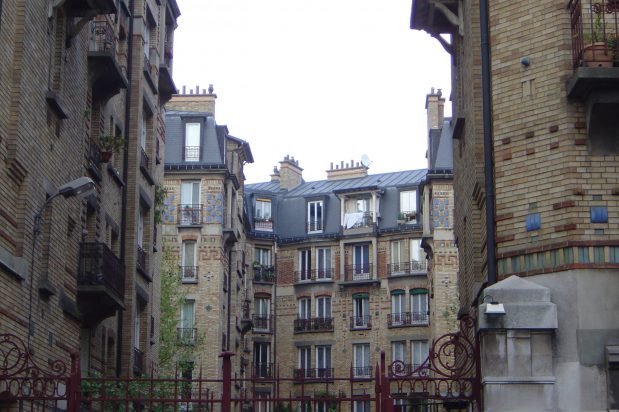National building renovation obligation

The most forward-thinking utilization of the information provided in the EPCs has been seen so far by the introduction of performance-based renovation targets and requirements in France. They discuss a national obligation to renovate all buildings of the energy classes F and G by 2028.
Description
The French Energy and Climate Act[1] include innovative ideas on how to deal with worst-performing buildings, for example, by introducing mandatory audits as of 2022.
France has long been actively improving the energy efficiency of its social housing stock, and social housing providers are accelerating the switch to low-emission energy and ensuring that improvements are passed on to tenants further reducing energy-related poverty. Social landlords have committed to local low-carbon construction supply chains, scale efficiency, and recycling of materials, to move towards a more circular economy[2].
In developing the supply of social housing, in particular for low-income and very low-income households, the “L’Union sociale pour l’habitat” aims to improve the quality and maintain a high level of urban design. The Union proposes a 3-year plan for new housing construction (more than 300,000 housing units) and rehabilitation of housing (approximately 400,000 units), depending on the capacity of construction companies and their subcontractors and suppliers to meet the demand and to preserve nearly 500,000 jobs in the sector.
Actors involved
The National Assembly and the Senate of France
Scale
National
More information
[1] Nicolas Boring, “France: Law on Energy and Climate Adopted”, Library of Congress, 2019. Available at https://www.loc.gov/item/global-legal-monitor/2019-12-04/france-law-on-energy-and-climate-adopted/.
[2] L’union sociale pour l’habitat. Available at https://www.union-habitat.org/rapport-activite/2019-2020/#hlm-modele (accessed 23 November 2020).
https://www.vie-publique.fr/loi/23814-loi-energie-et-climat-du-8-novembre-2019

An initiative of:


